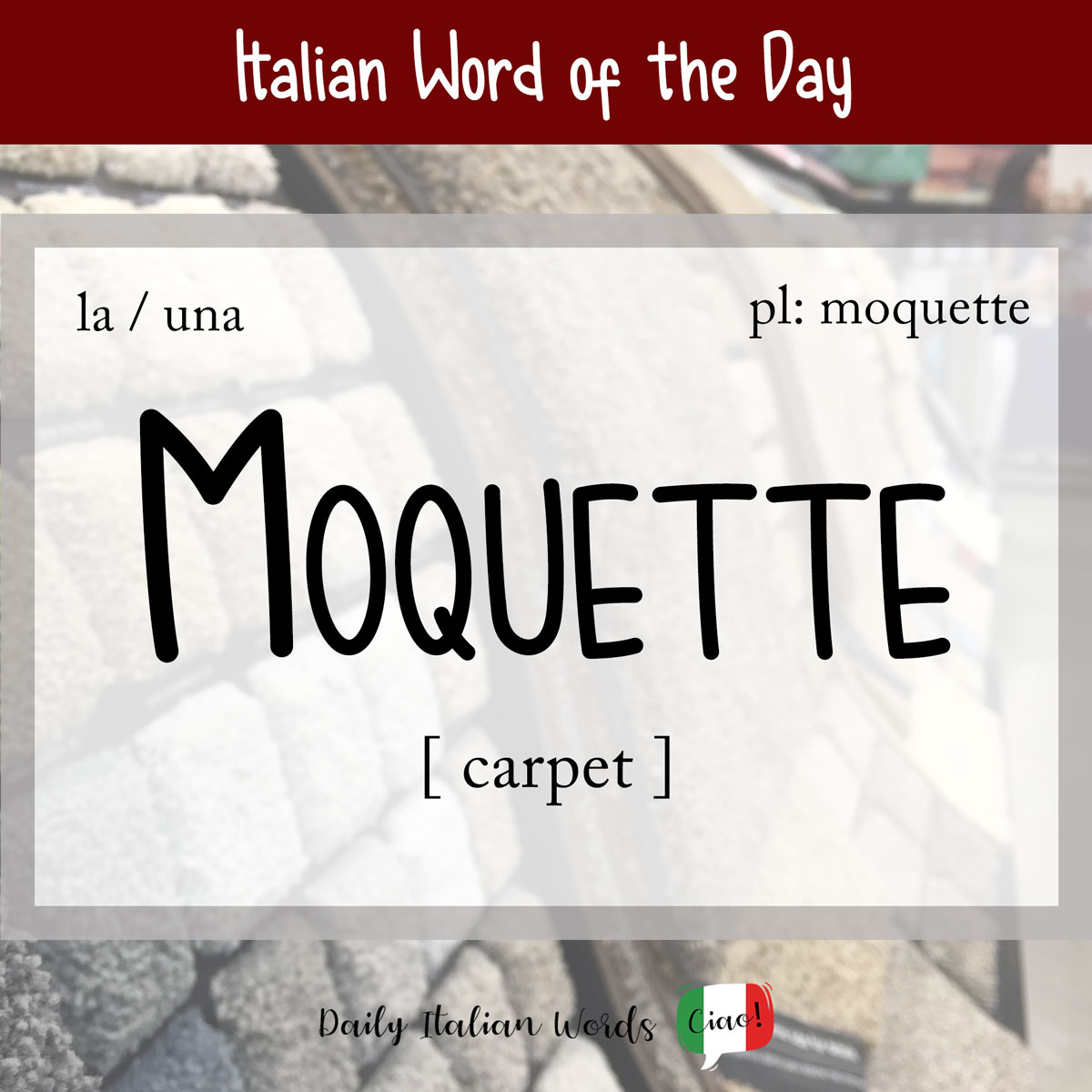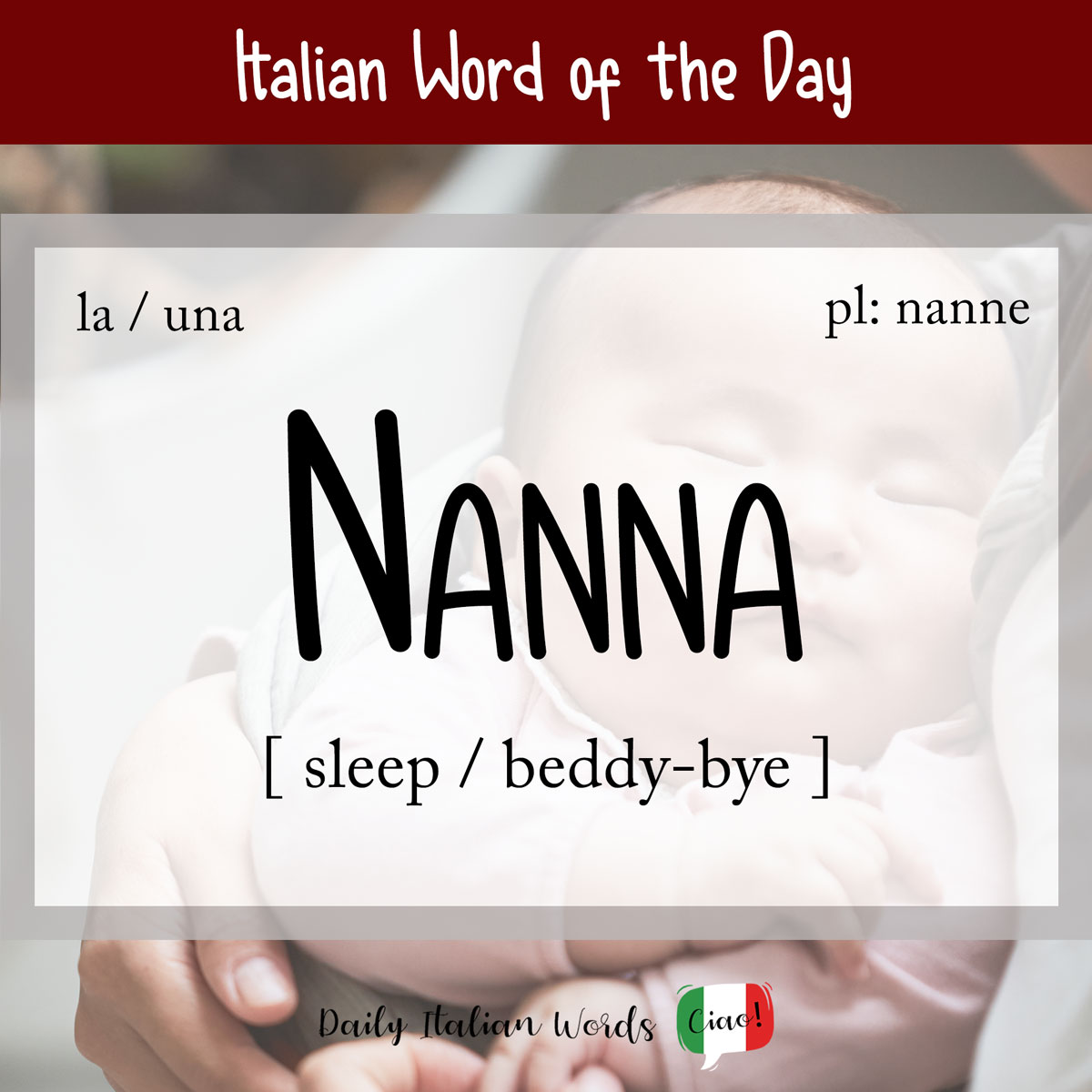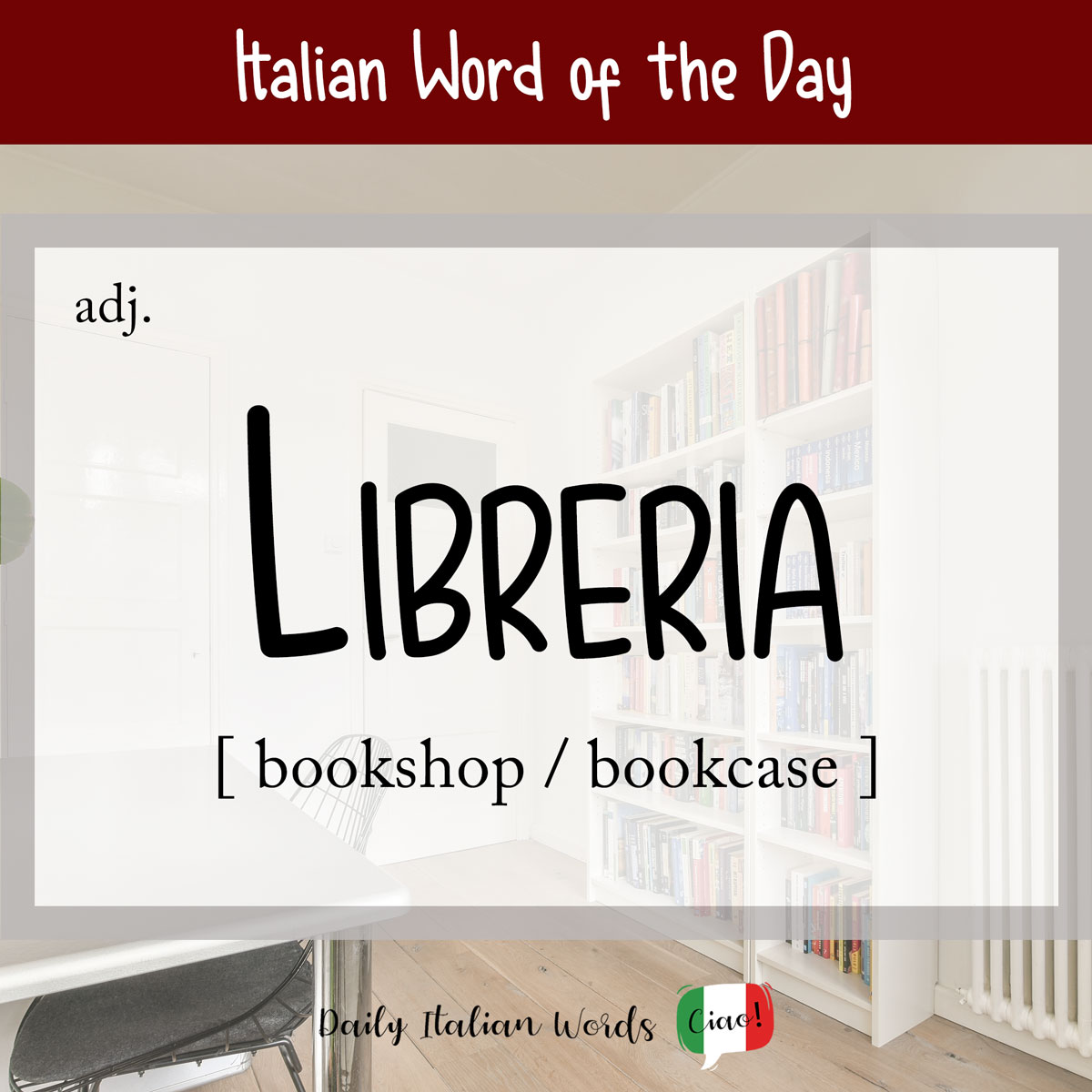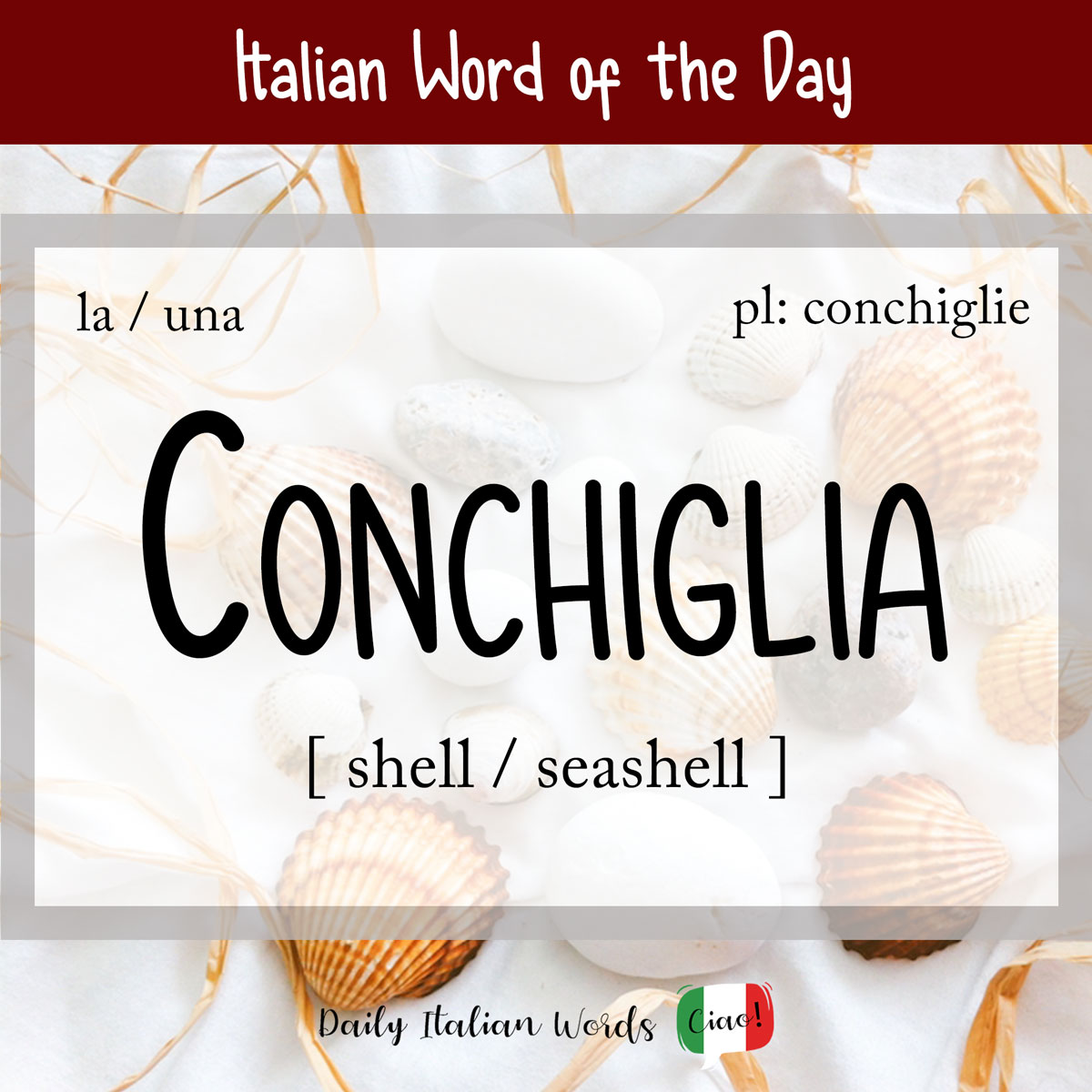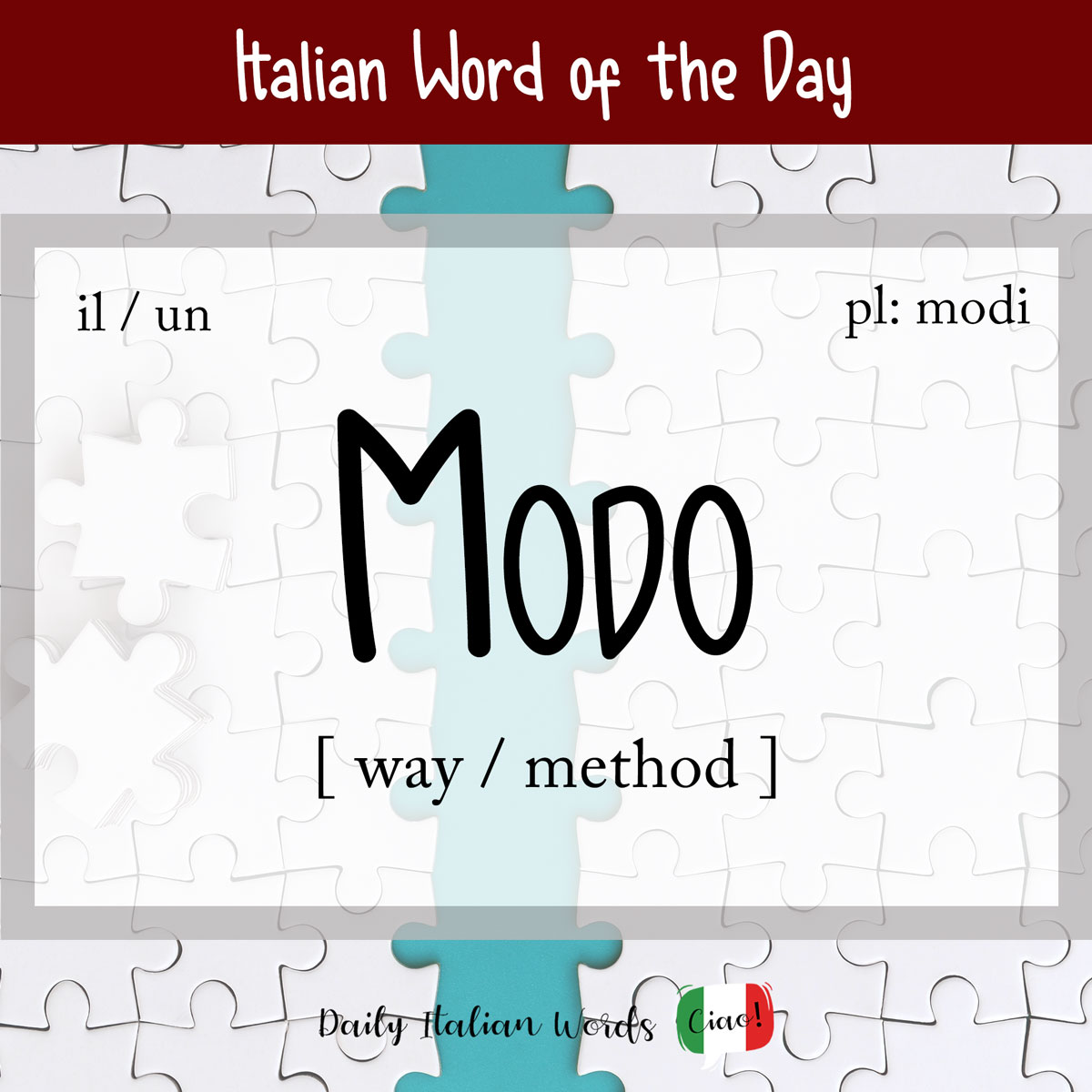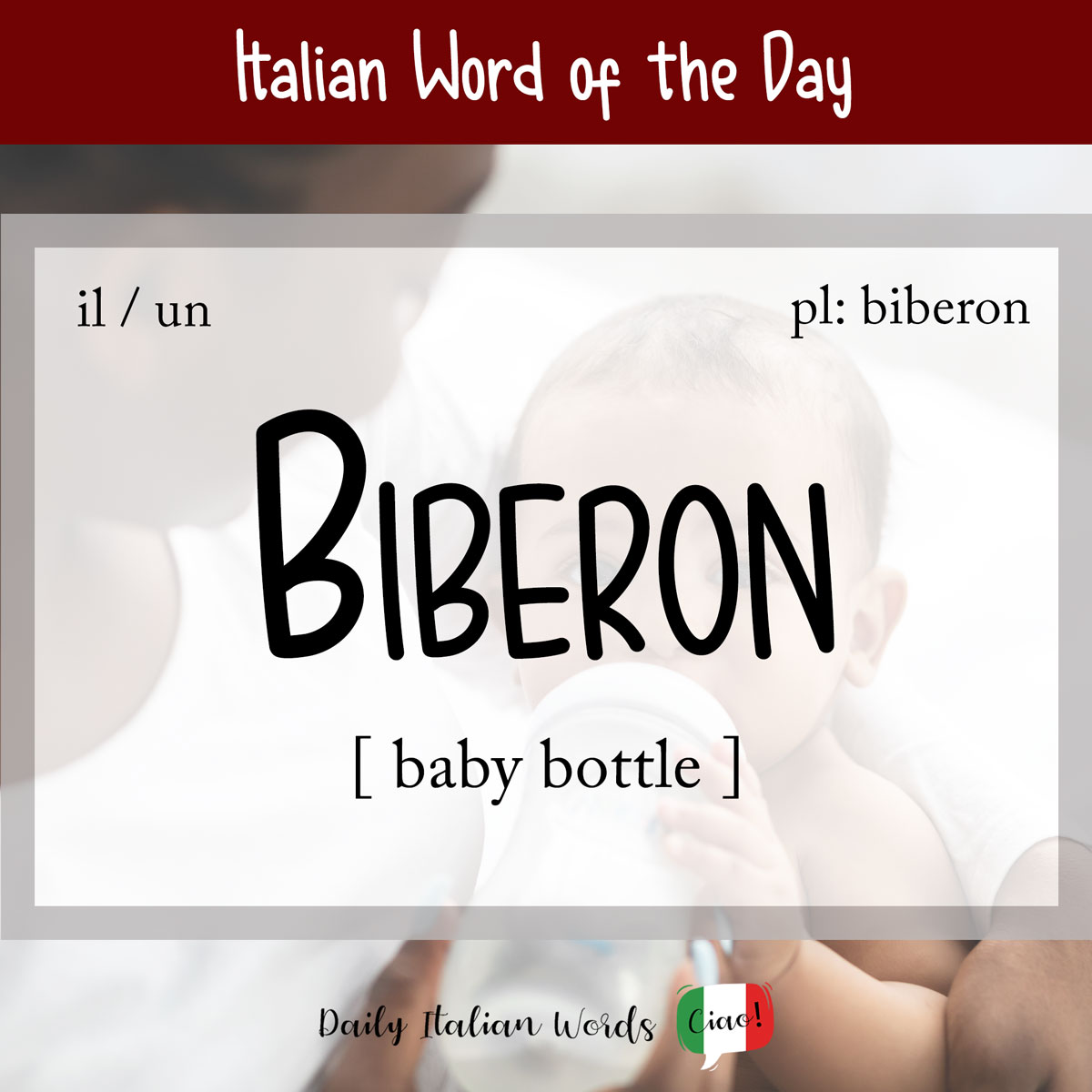Italian Word of the Day: Moquette (carpet)
The word moquette in Italian comes from the French of the same spelling. It refers to the type of wall-to-wall carpeting found in the most important living spaces of the home, as well as the material from which it is made. Moquette is an invariable feminine noun. Invariable simply means that its form does not …

